Temperatures in the 70s, sunshine, and blue skies have been a gift to our students and faculty as we enter the home stretch of the Fall Term. We soak up every moment of these extra days of meals and classes outside and our final practices before Holderness Weekend knowing well this weather won't last. We encourage each other to live in the moment, to suck the marrow out of each day, not knowing what the next will bring in this COVID-19 laden world.
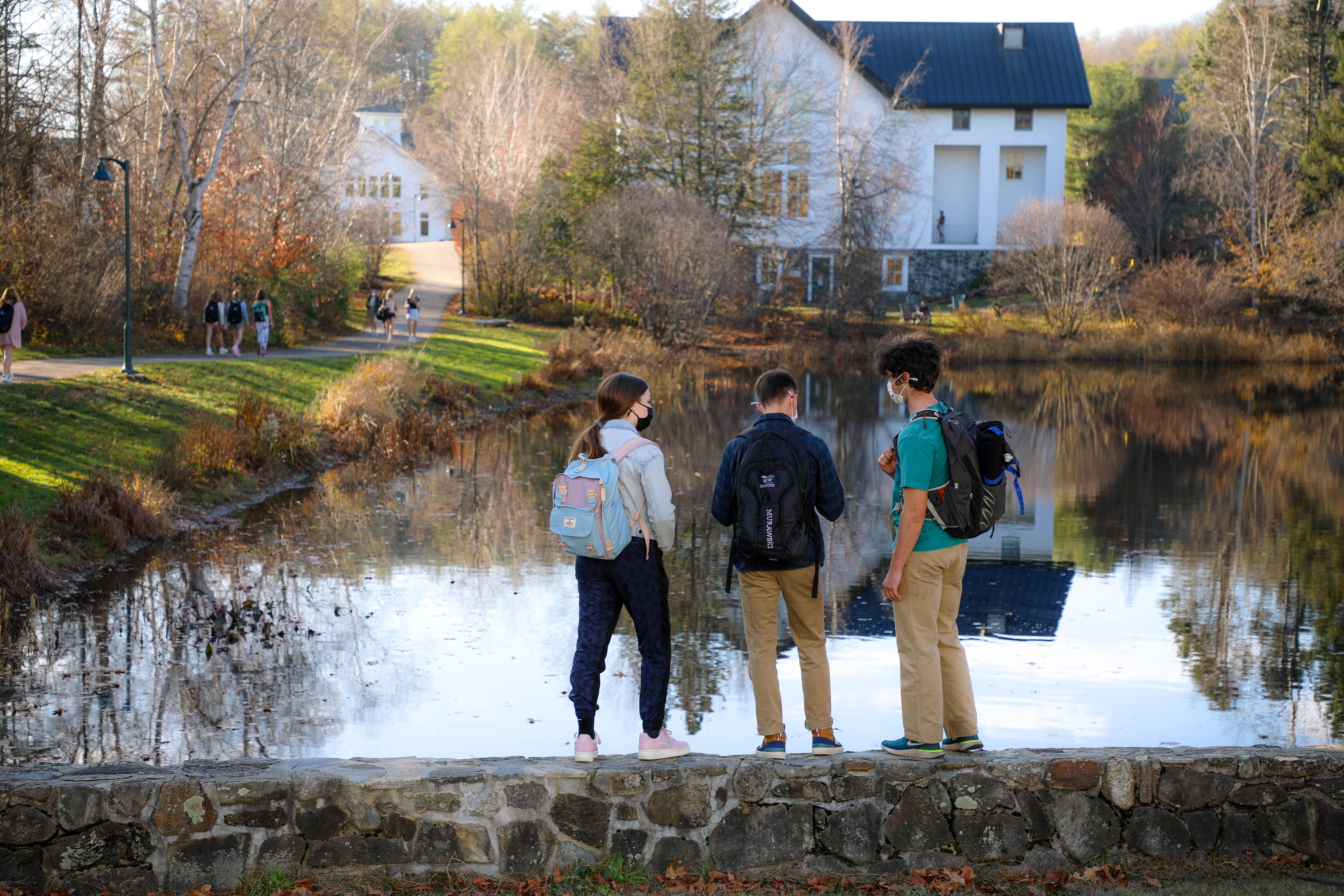
We have gotten used to this routine entirely focused on our immediate-term reality without a broadened, real-time perspective of where we have been or where we are going. As adults, we are better at zooming out, at gaining elevation to see beyond the immediate - the next class, the next meal, the next practice, the next extra help session. We are able to look back at the last nine weeks and are amazed at all that has happened, all the effort that has gone into a remarkably 'normal' Fall Term at Proctor. For adolescents, this ability to see the “whole” of who we are within the context of our community is a challenge.
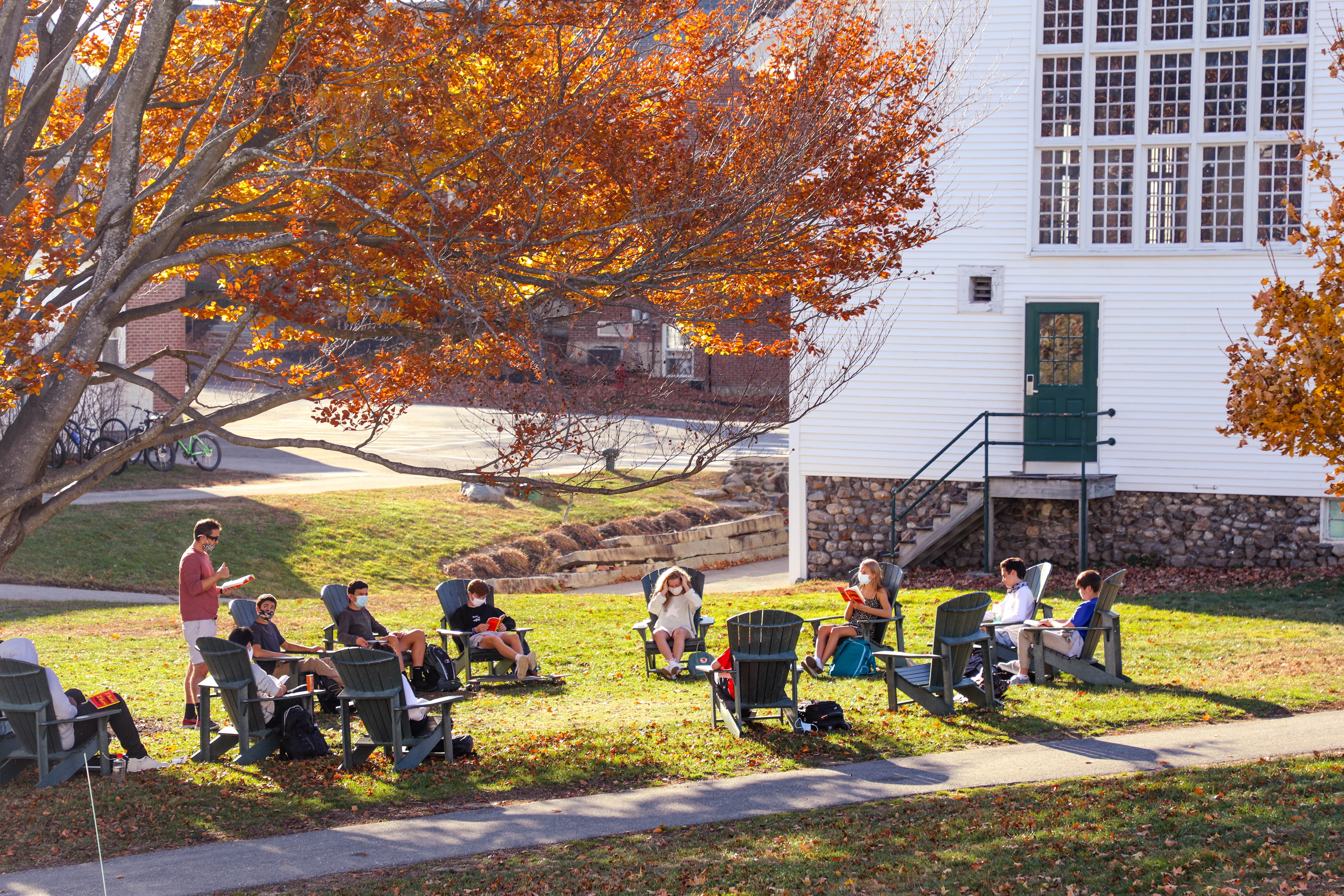
A Proctor education and its ability to expose students to a diversity of learners, off-campus programs, and a breadth of academic disciplines aids in the never-ending journey of seeking perspective. A quick read through yesterday’s Ocean Classroom blog post reinforces this notion that Proctor’s educational model has an outsized impact on the development of student world-views. We often notice this growth in the macro-evolution of a student; we have a conversation with an advisee after they return from an off-campus program, a summer internship, or especially at their five year reunion, and marvel at how their perspectives have broadened.
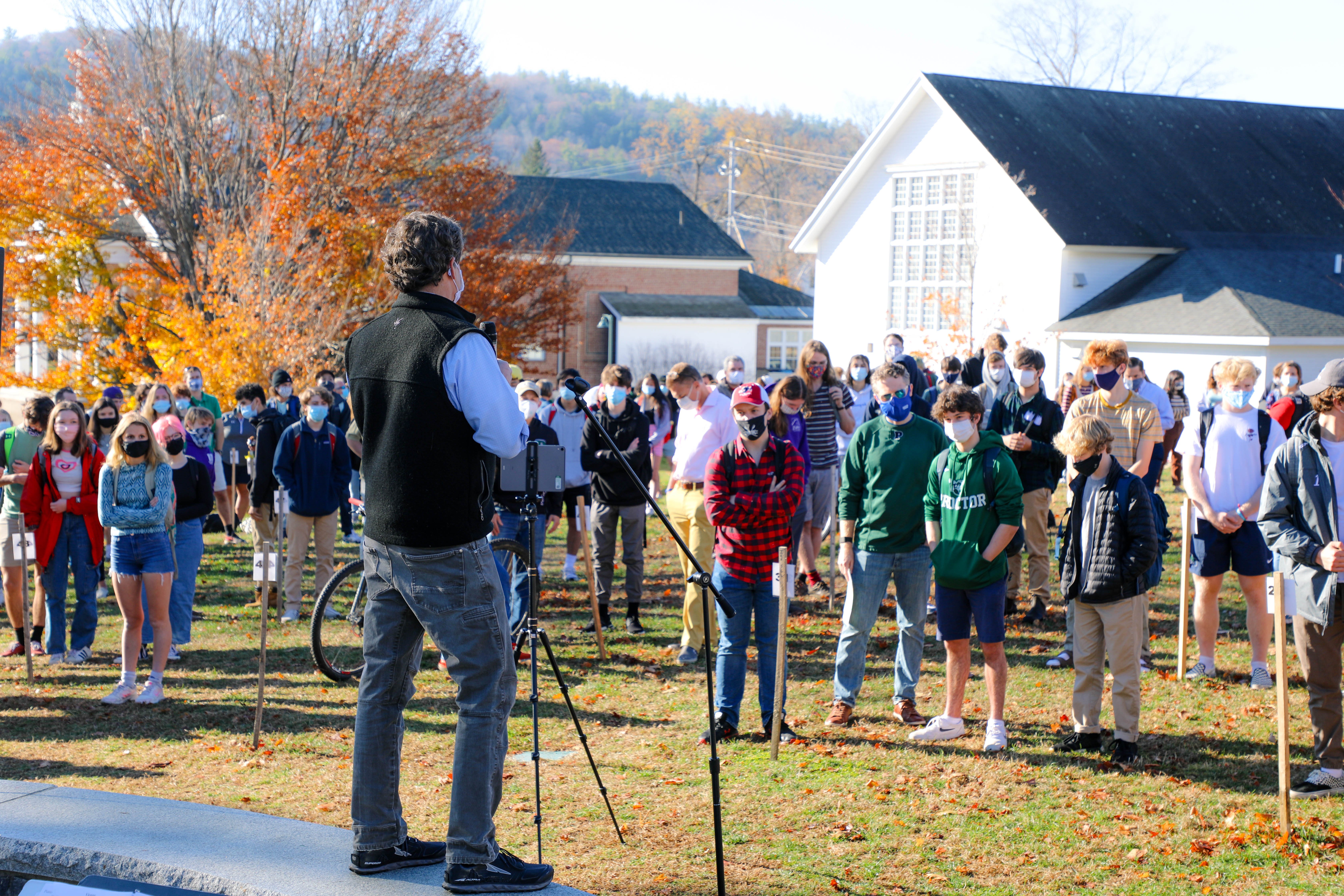
Our day-to-day work with students, however, takes place on the micro, not the macro, level. And when we allow ourselves to rely on macro-growth metrics, we miss opportunities that daily present themselves as powerful perspective-gaining moments. Mike’s assembly announcement today about the correlation between our compliance with health precautions and our ability to remain in-person and thus keep our support staff employed. John Around Him co-teaching American Literature classes this week and sharing a Native American perspective with our students. Advisee-Advisor conversations after assembly about challenges or recent successes. Coaches helping teams navigate emotional losses while sustaining team culture. This is our work. This is why we do what we do. These moments are when we help our students see more of themselves and of the perspectives of those around them.
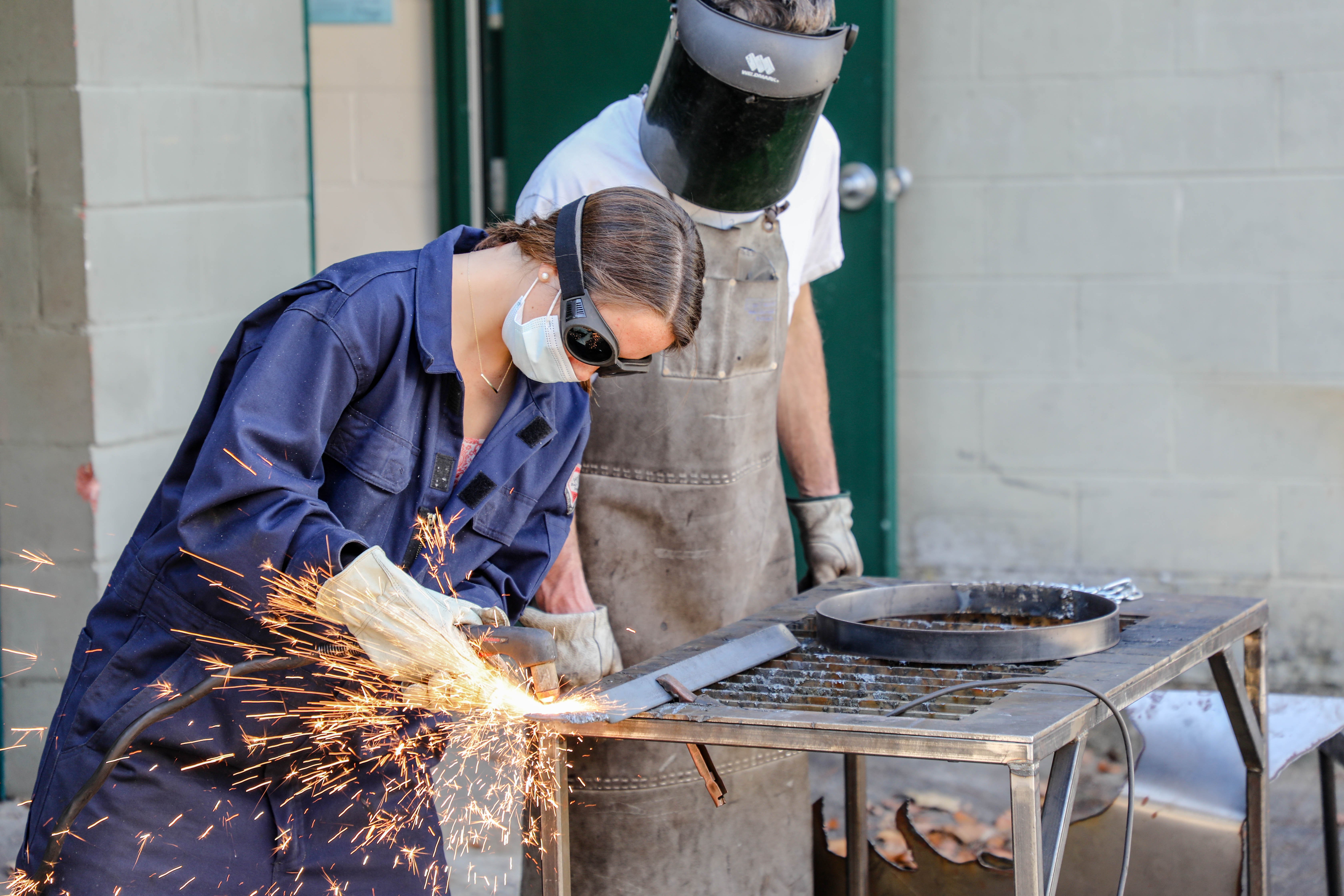
The most recent podcast in my library is Learning How to See. It explores the journey we each must embrace as we learn to see through cognitive and social biases in our lives. The hosts, theologians Brian McLaren, Richard Rohr, and Reverend Dr. Jacqui Lewis, Ph.D, explore thirteen biases that prevent us from seeing the whole of those around us, leading to political polarization, racism, hatred, and hurt. It sheds a powerful light on the importance of learning to see others, to truly see others, and all that comprises them, as a social act. It's about understanding the macro-level factors that influence our micro-level relationships with others.
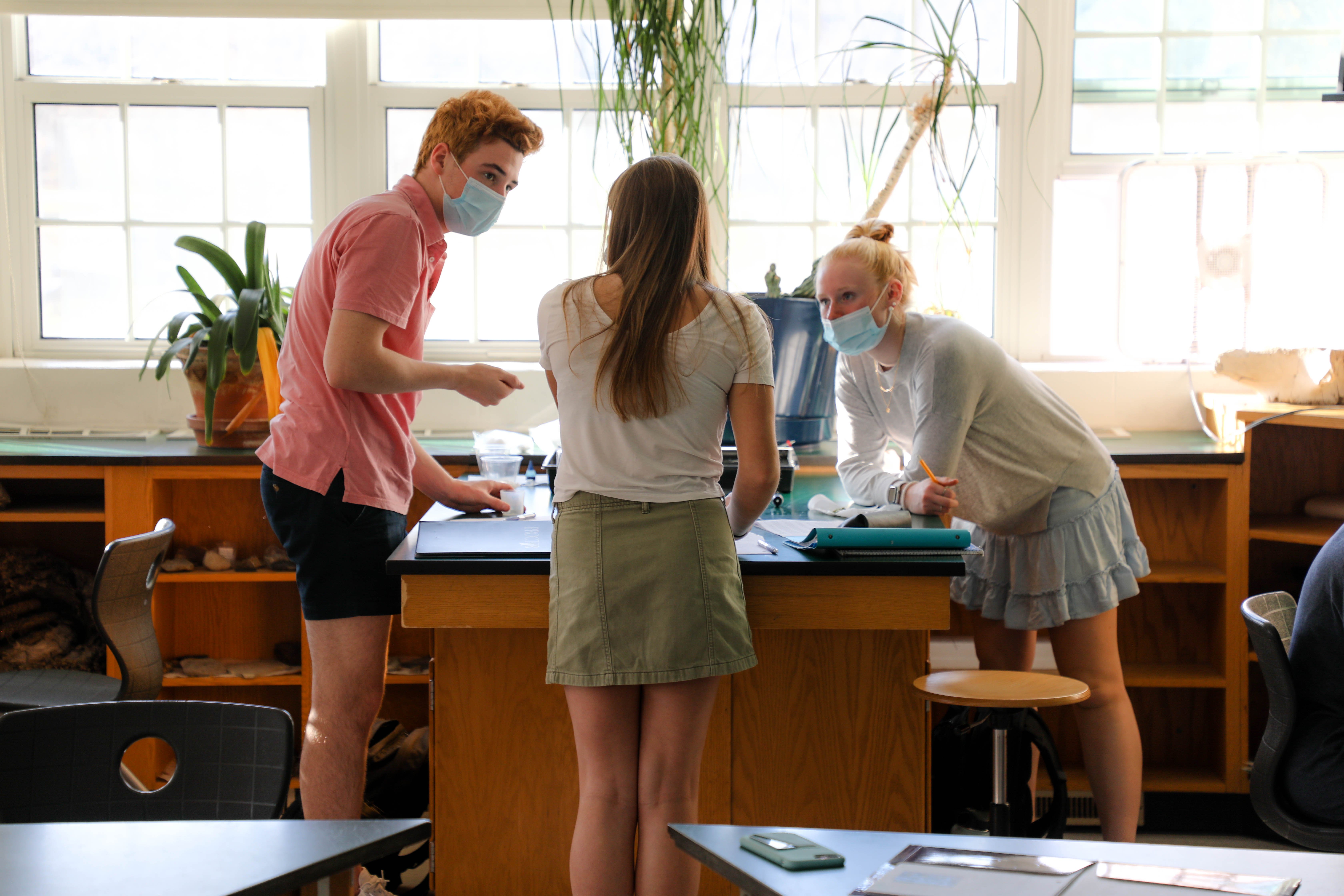
We have a responsibility to actively weave perspectives different than our own into our daily lives. Proctor has given us the gift this fall of being surrounded by these varying vantage points in person, and not just through a computer screen. As we work through this final week of classes, into final exams next week, and toward much needed vacation after that, may we walk alongside each other with an appreciation for the beautiful mess that is our individual contribution to a shared humanity.








